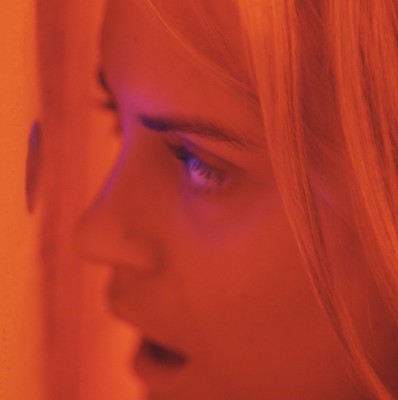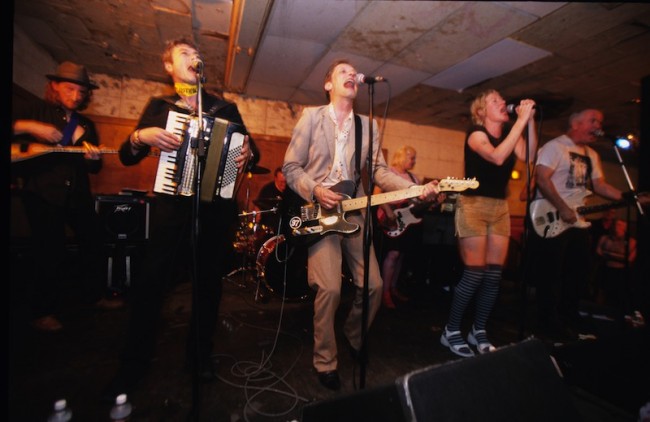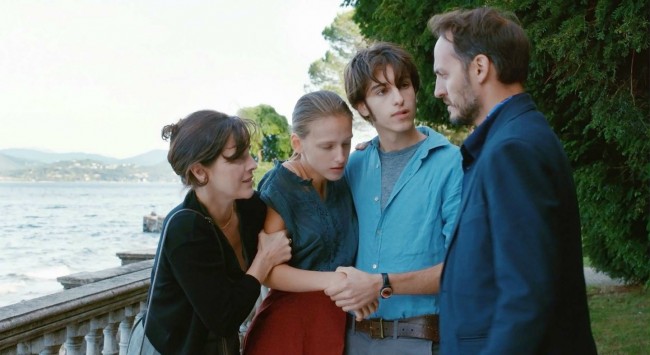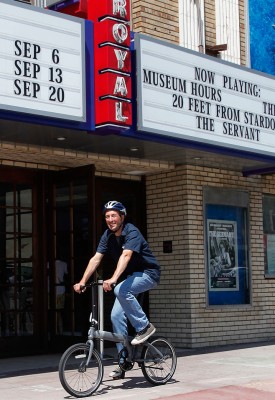This Friday we’ll be opening the comedy that killed at Sundance earlier this year, THE OVERNIGHT, at our Pasadena, Claremont and Encino theaters (planning a July 3 opening in NoHo as well). In an attempt to acclimate to L.A., a young couple (Taylor Schilling and Adam Scott) spends an increasingly bizarre evening with the parents (Judith Godrèche and Jason Schwartzman) of their son’s new friend. In Rolling Stone Peter Travers called it “an indecently hot and hilarious sex comedy with quartet of playfully scrappy actors who couldn’t be better suited to their roles or more eager to rouse our prurient interest.” Below is a featurette in which, amusingly, the actors, one a native Angeleno, another a Frenchwoman, talk about how their real-life experiences of polite society in our city always remain exceedingly polite (read: dinner at 5:30; good-night at 8). But that would have made for a boring movie.




